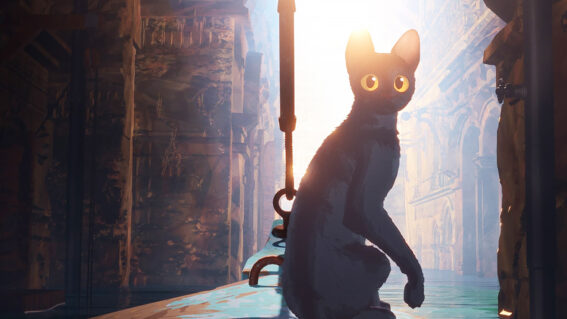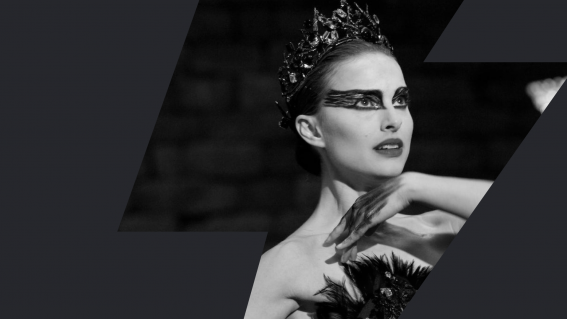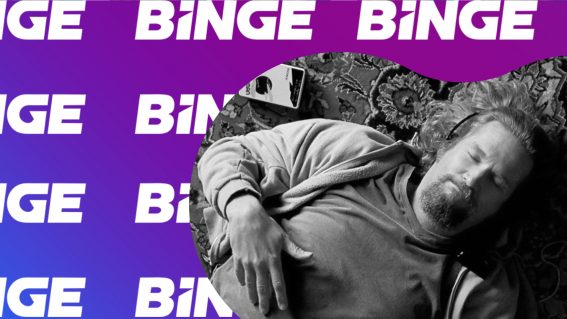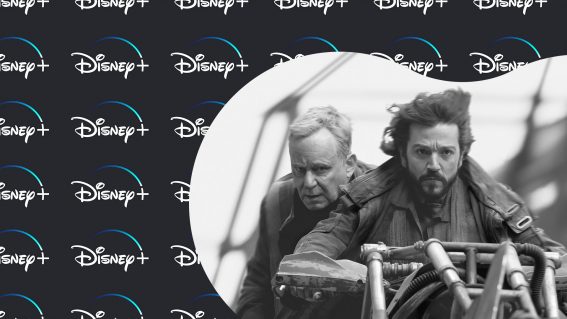Promising fashion true story The New Look falls victim to today’s TV trends
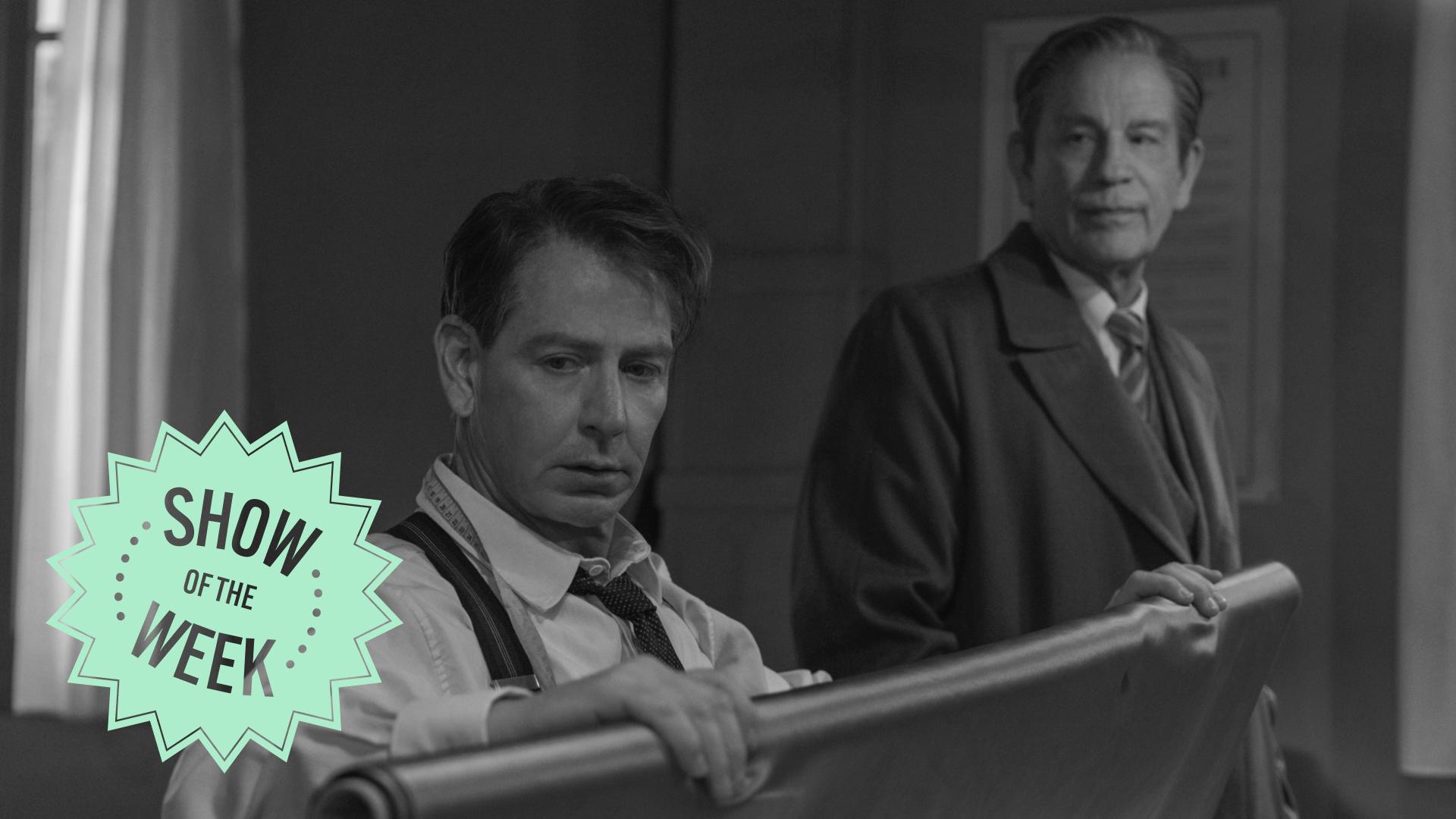
Clarisse Loughrey’s Show of the Week column, published every Friday, spotlights a new show to watch or skip. This week: The New Look.
The New Look is adamant about its own thesis. We are told, repeatedly, in onscreen titles and throughout its dialogue, that this is the story of how designer Christian Dior and his compatriots “helped humanity find beauty and the desire to love again after the horrors of World War Two”. And yet, this beauty is almost entirely absent from Apple TV+’s extravagantly budgeted, ultimately superficial portrait of France’s post-war haute couture revival.
There’s shockingly little, genuine fashion on display here. Dior’s revolutionary Bar Jacket, with its snug curves and padded hipline, offered women both a return to feminine sensuousness, and a tailored power that reflected their new, more centralised role in the workforce. But it’s mentioned only a handful of times here, and its significance is never actually communicated. In fact, The New Look shows almost no interest in the artistry and craftsmanship of dressmaking, as if its own subject were deemed too frivolous to even bother with.
Instead, the series, from Damages and Bloodline’s Todd A Kessler, is simply yet another victim of today’s television trends. It’s a compelling bit of history stripped and stuffed to fit the requirements of a post-The Crown, elite costume drama, in which very famous actors are handed reams of dialogue that sound compelling on the tongue, but offer almost no interiority. Ben Mendelsohn plays Dior, and admirably so, but he’s left to burst with private agonies, and never allowed the relief of his creativity.
During the Nazi occupation of Paris, Dior worked for the fashion house of Lucien Lelong (John Malkovich), alongside Pierre Balmain (Thomas Poitevin). To do so meant, inevitably, sewing dresses for the wives and girlfriends of German officers—and The New Look, certainly, sets out to explore what Dior himself describes as “the longing for survival”. He’s shown as profoundly conflicted, as the money he earns is handed straight over to his sister Catherine (Maisie Williams), a member of the French Resistance, who’s eventually caught and sent to Ravensbrück concentration camp.
It’s interesting to watch this series so soon after Disney+’s Spanish language portrait of Dior’s contemporary, Cristóbal Balenciaga, which expressed so much about what it takes to sell one’s morality for the sake of self-preservation (oddly enough, the Balenciaga of The New Look, played by Nuno Lopes, is heard falsely declaring, “I do not work for Nazis. The Balenciaga name will not stand for it.”)
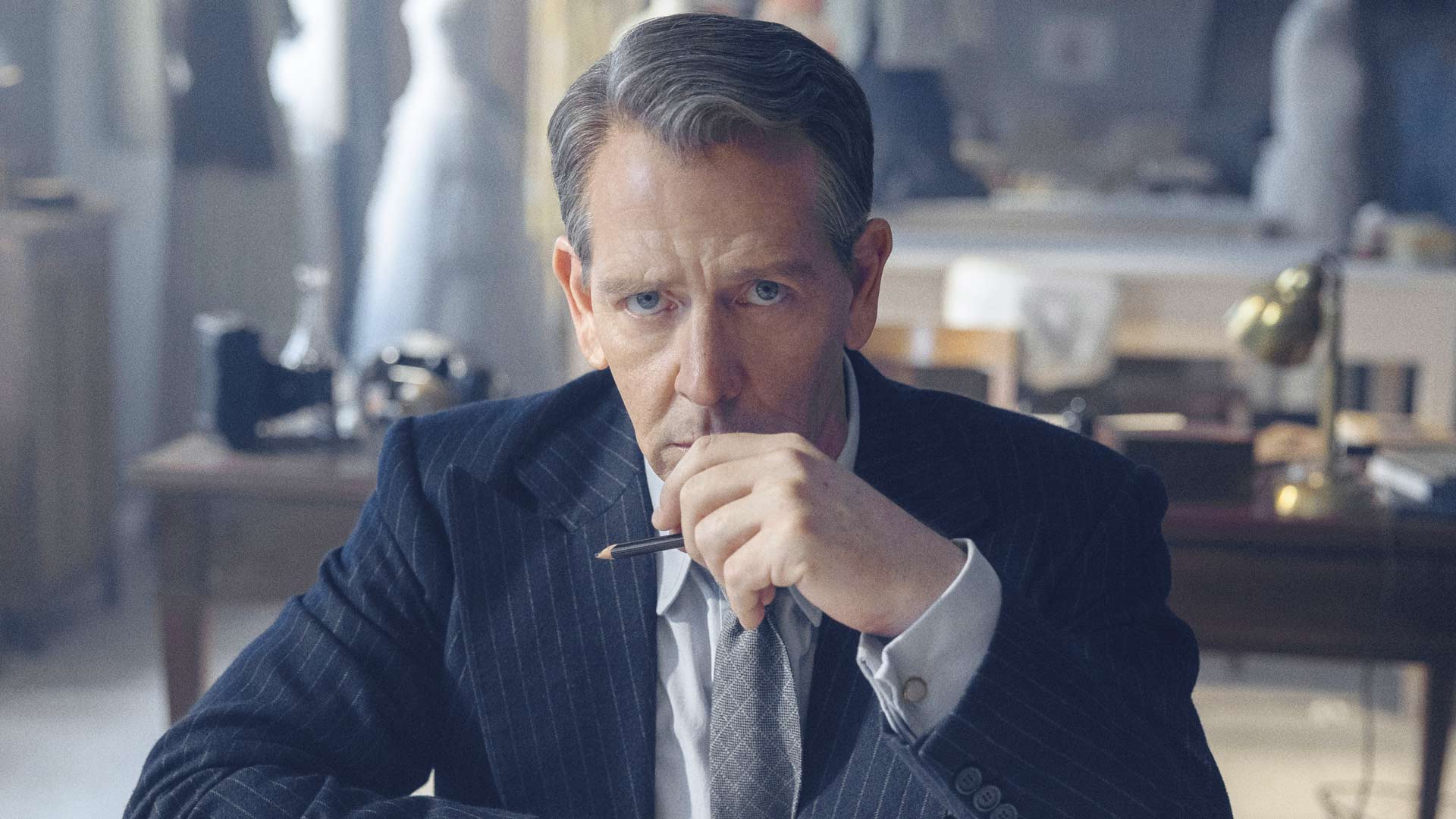
Kessler’s series, instead, leaps from story beat to story beat, especially after Catherine’s arrest drives Dior to increasingly desperate measures to save her life. The New Look so rarely pauses to reflect, with the exception of a haunting scene, directed by Titane’s Julia Ducournau, in which Dior walks amongst a crowd of those recently liberated from the camps, in search of Catherine. The silence, in that moment, feels all-consuming—it’s a stark reminder, too, of how few post-war narratives we have that actually examine the trauma carried forward by survivors. But it also stands out too much from the rest of the series, its incidents made to feel all the more flippant when delivered in various, borderline goofy French accents.
But, nothing, really, more starkly exposes The New Look’s limitations than its secondary portrait of Dior’s associate and occasional rival, Coco Chanel (Juliette Binoche). The designer was an open antisemite, who invoked the Nazi “Aryan laws” to successfully punish her Jewish business partners, the Wertheimer Brothers, and seize control of the Chanel company. She had an affair with the German aristocrat Hans Günther von Dincklage (Claes Bang), and actively collaborated with General Walter Schellenberg (Jannis Niewöhner) in an attempt to contact Winston Churchill and broker a separate plan for peace, without Hitler’s knowledge.
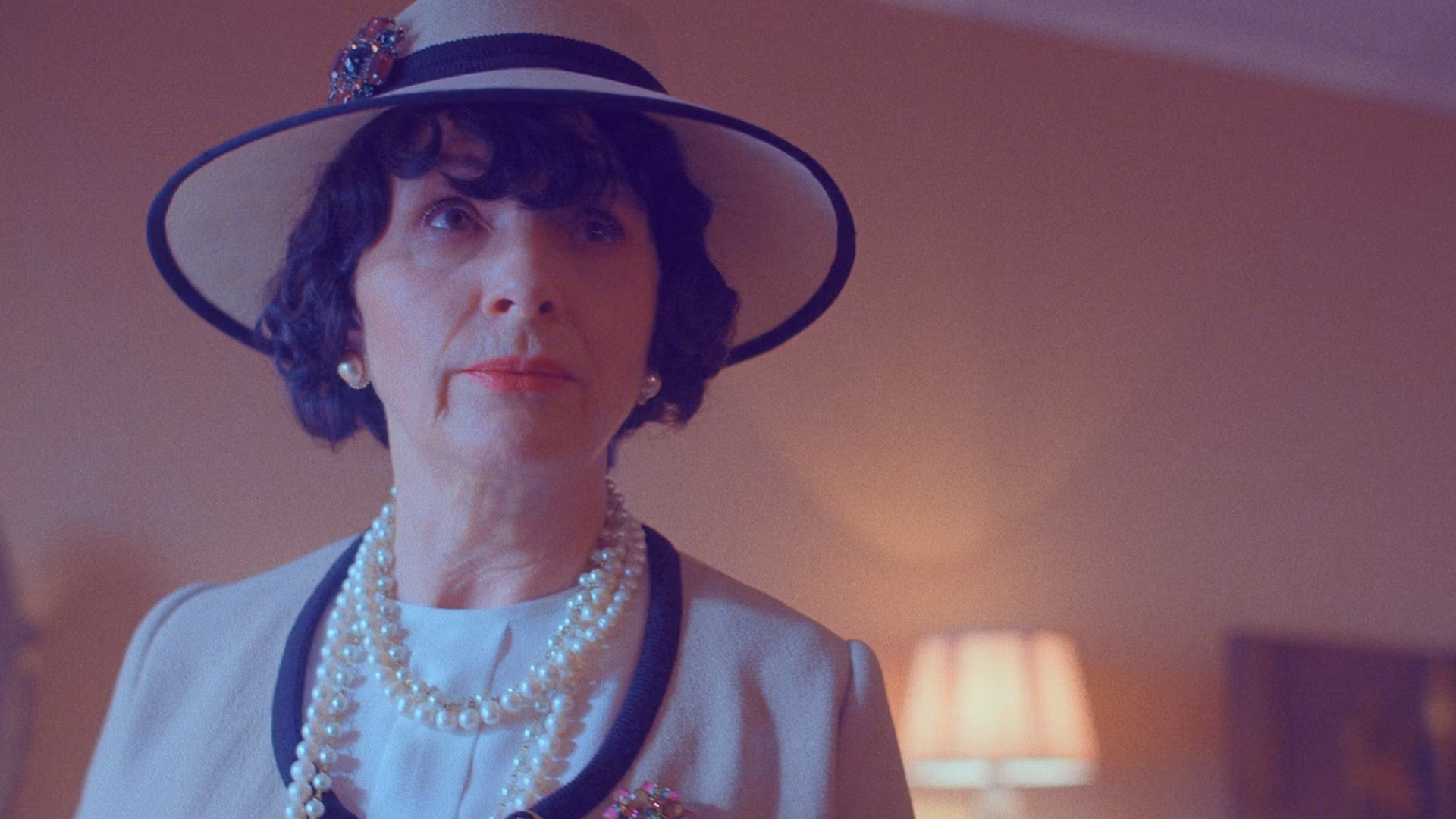
The New Look doesn’t actively deny these facts, but there’s such timidity in how they’re represented—Binoche is happy to play her as self-interested and bitter, even in her actions with dear friend and fellow socialite, Elsa Lombardi (Emily Mortimer), but the series seems determined to view her simply as unlikeable, rather than genuinely troubling. Every edge is softened, and we’re forced to listen to Chanel offer the pathetic defence that she’s simply a woman attempting to navigate the patriarchy, repeated to the extent that you start to worry the series itself believes it might excuse fascism.
The New Look, in that way, is exemplary of a kind of modern storytelling that’s eager to present moral complexity while simultaneously refusing to engage with it. It’s easier and more palatable, instead, to present the horrors of war and genocide in polite, soft-focus pastels, with covers of old standards by Florence Welch and Lana del Rey crooning over the credits. It’s drama for drama’s sake.



